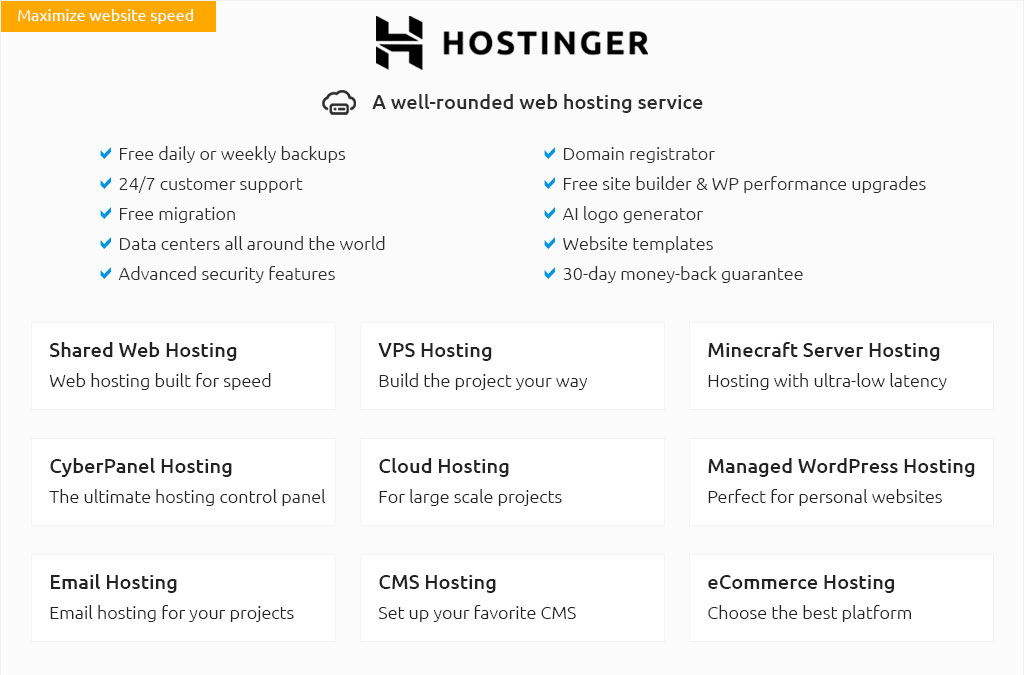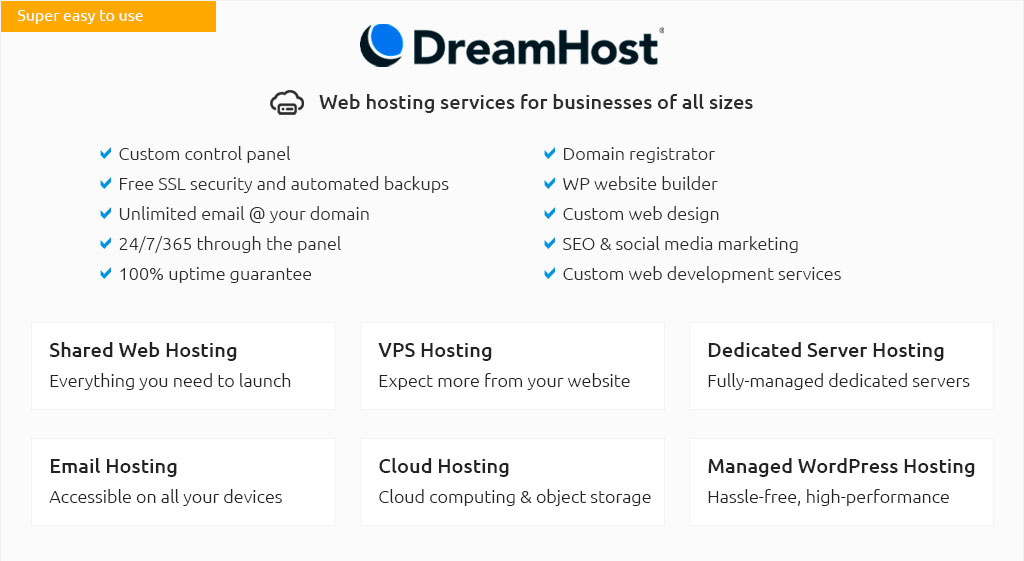 |
|||
 |
 |
 |
|
 |
|
 |
 |
 |
|||
 |
|||
 |
|||
 |
|||
 |
 |
|
Welcome to the definitive frontier of web hosting reviews, where we cut through the noise to unveil the best hosting solutions for bloggers seeking unparalleled speed, rock-solid reliability, and seamless scalability-because your blog deserves more than just any hosting; it demands the very best, handpicked by experts who understand that your voice is unique, your stories are powerful, and your online presence should be nothing short of extraordinary, so dive in and discover hosting that transforms your blogging journey into an unstoppable force.
https://www.isitwp.com/hosting-reviews/blog/
Bluehost offers everything for you to get your blog up and running, including a free domain name, free SSL, 1-click install, daily backups, and more. https://www.sitepoint.com/community/t/blogger-wordpress-or-other-as-free-blog-hosting/445798
If you just want basic blogging, I would use Wordpress hosting with one of the major hosts to conserve money and have a server optimized for ... https://community.hubspot.com/t5/Blog-Website-Page-Publishing/benefits-of-hosting-blog-and-landing-pages-on-hubspot-over/m-p/297634
Keep in mind, this was in the early days (2012-2016) when the HubSpot CMS wasn't as good as it is now. So I'd say that while it's not critical, the benefits of ...
|